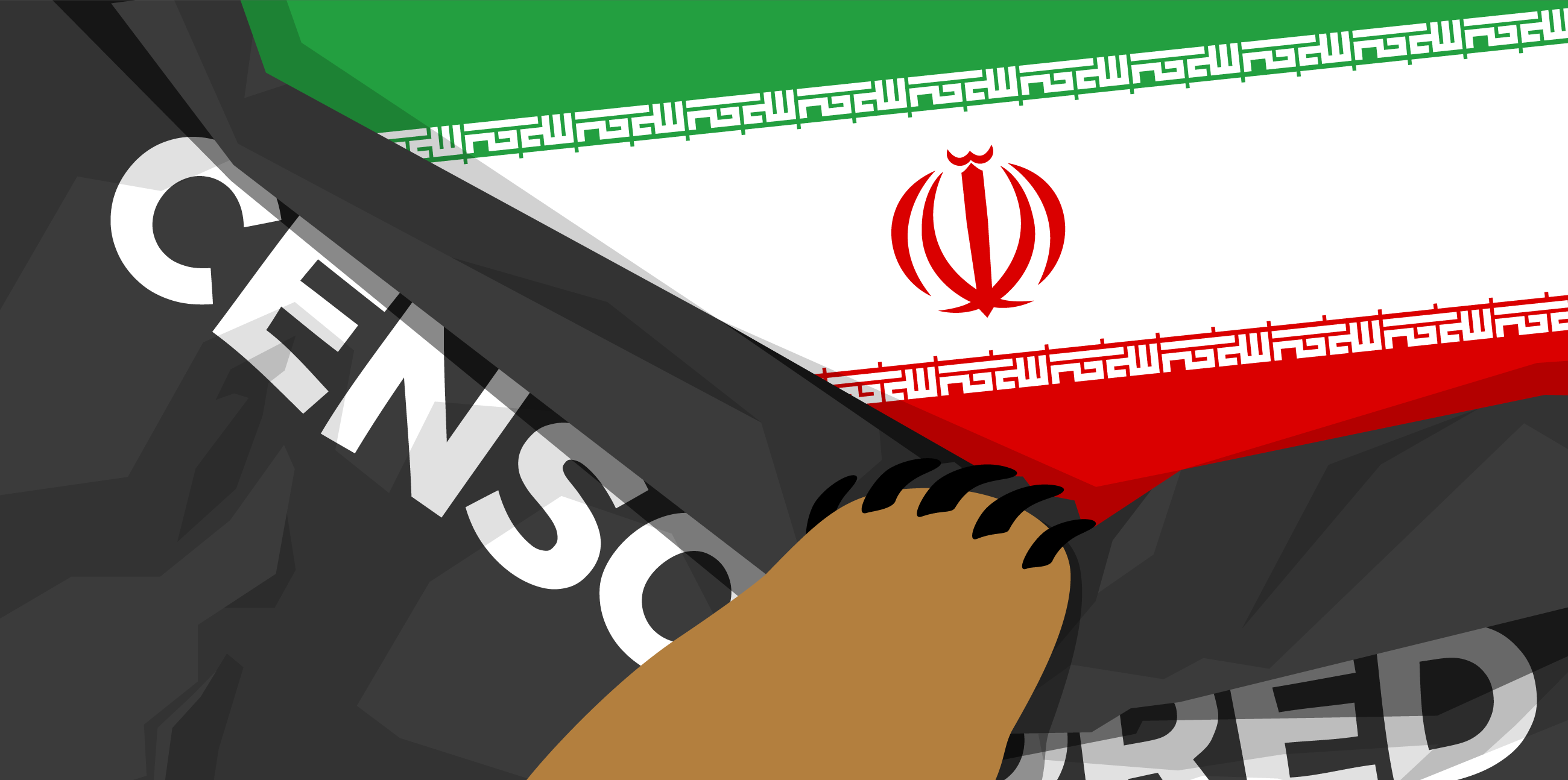TunnelBear Circumvents Iran VPN Block, Launches 10GB Monthly Offer in the Country
Iran marks first country-based initiative for the company’s targeted anti-censorship program
As TunnelBear supports individuals in countries like Venezuela and Belarus that have recently experienced internet censorship by providing short-term crisis solutions, the VPN company has made a commitment to providing long-term solutions for those that face ongoing internet censorship in their country. TunnelBear today announced its next step in the fight against online censorship with an offering of 10GB/month of free usage on TunnelBear’s VPN network for those in Iran.
Months of development have led to the ability to provide access to TunnelBear in Iran, where many VPNs are blocked. The VPN provider has spent months working to combat online censorship in Iran through a structured four-stage technical development framework, which addresses VPN distribution, API blocking, connecting to a VPN, and maintaining a VPN connection.
Iran is the only country - aside from mainland China - where internet users experience censorship across all four stages of the VPN technical framework.
All TunnelBear users in Iran will have a free 10GB monthly allowance. This is equivalent to around 20 hours of browsing otherwise blocked social media sites, or around 800 hours of secure web browsing.
“We’re proud of the technical progress we’ve made over the past several months to make TunnelBear available to internet users in Iran,” said Justin Watts, head of engineering at TunnelBear. “TunnelBear will always be on the side of an open and uncensored internet, and our upgrade for Iran is the first of many anti-censorship improvements to come.”
Iran’s policies are some of the worst in the world for internet freedom. The country’s government and Islamic Revolutionary Guard Corps operate an advanced internet filtering system to prohibit social media sites, anti-religious content, some gaming platforms, and more. Last winter, Iran experienced a country-wide internet shutdown for one week in the wake of protests against gasoline prices and the government response.
TunnelBear, along with several other VPN providers, is currently blocked in Iran. This means that people have to resort to alternative app stores and social media channels to access digital security tools like VPN. Watts added, “There were many roadblocks on the way to tackling such a robust censorship ecosystem, and we are still learning with the help of our friends on the ground.”
The VPN provider believes the technical strides made in Iran across the four stages of censorship framework will help their user base in other censored countries as well.
TunneBear built support for the Encrypted Server Name Indicator (ESNI) TLS extension into their Android application, making it the second app to ever have full ESNI support.
“ESNI is the next frontier in online privacy,” Watts continued. “It allows us to encrypt a privacy loophole within HTTPS. We’ve found that much of the time for our users, ESNI works when other anti-censorship techniques fail. We’ve open sourced our ESNI work, and we encourage other providers and applications to adopt this, as ESNI is most effective when used at a wide-scale.”
Beyond TunnelBear’s focus on anti-censorship in Iran, the provider is monitoring censorship on a global scale, to ensure they can deploy solutions and technical updates as censorship spikes in countries or regions across the world.
To gain access to TunnelBear in Iran, please try one of the following ways:
- Paskoocheh website
- Paskoocheh Telegram Bot
- Paskoocheh Email responder - tunnelbear-android@paskoocheh.com
- Toosheh app

